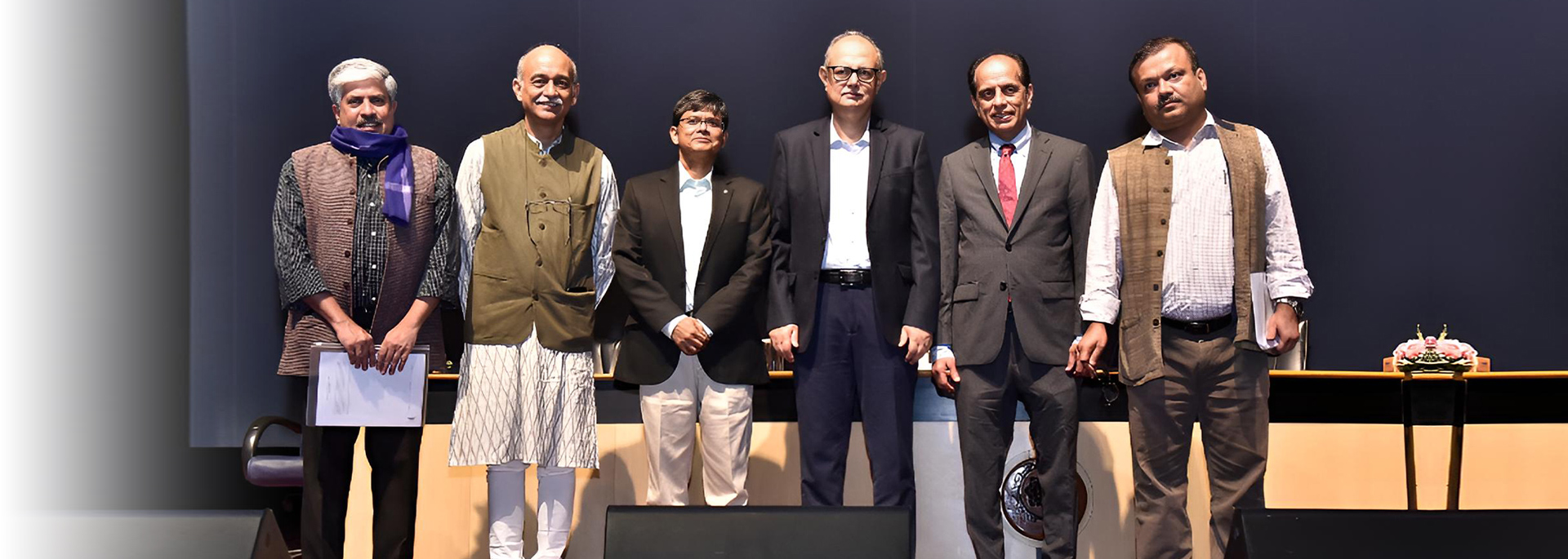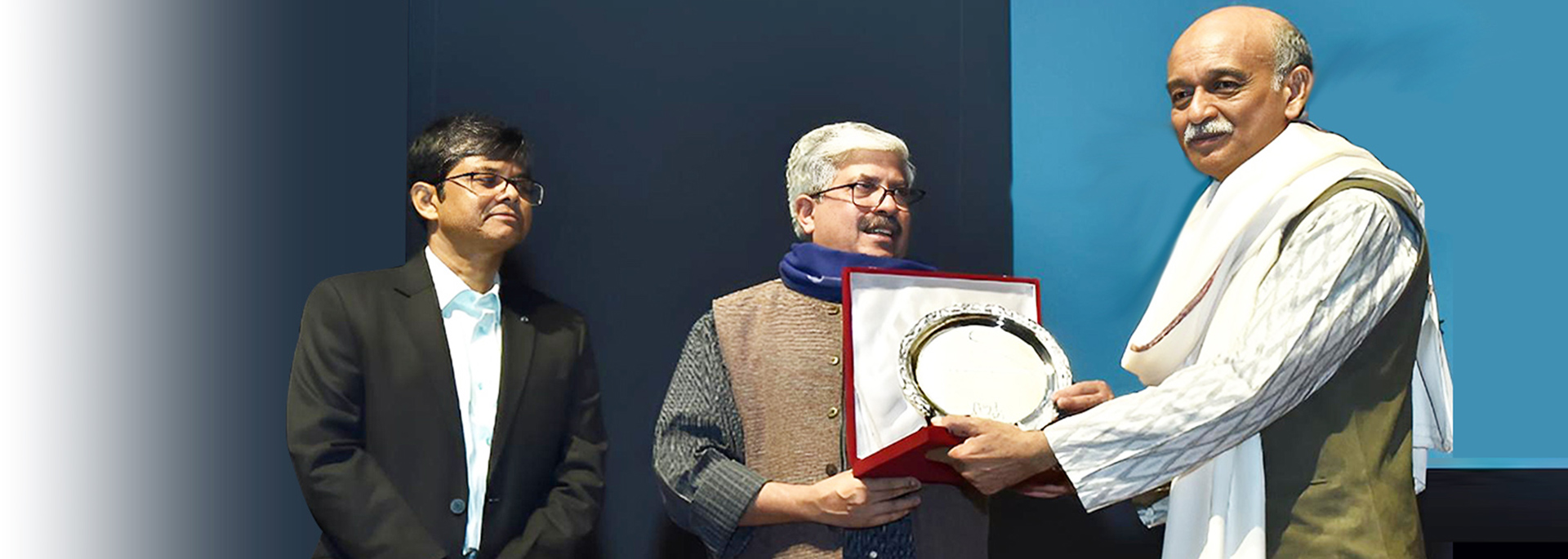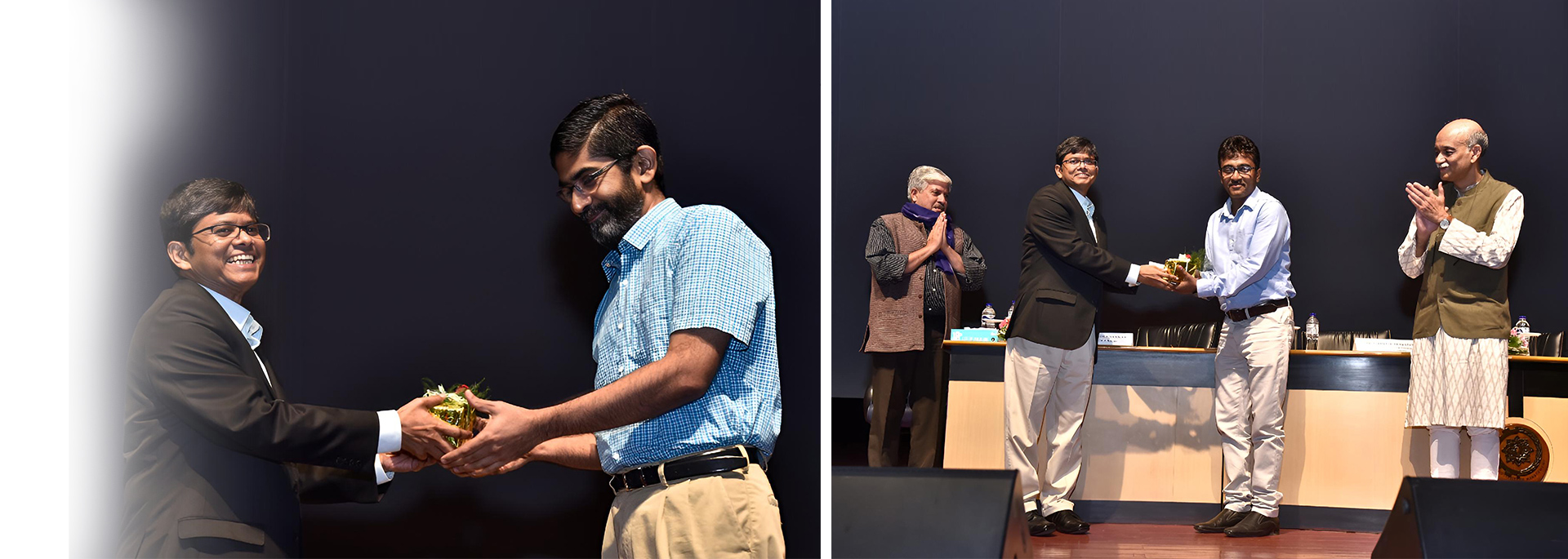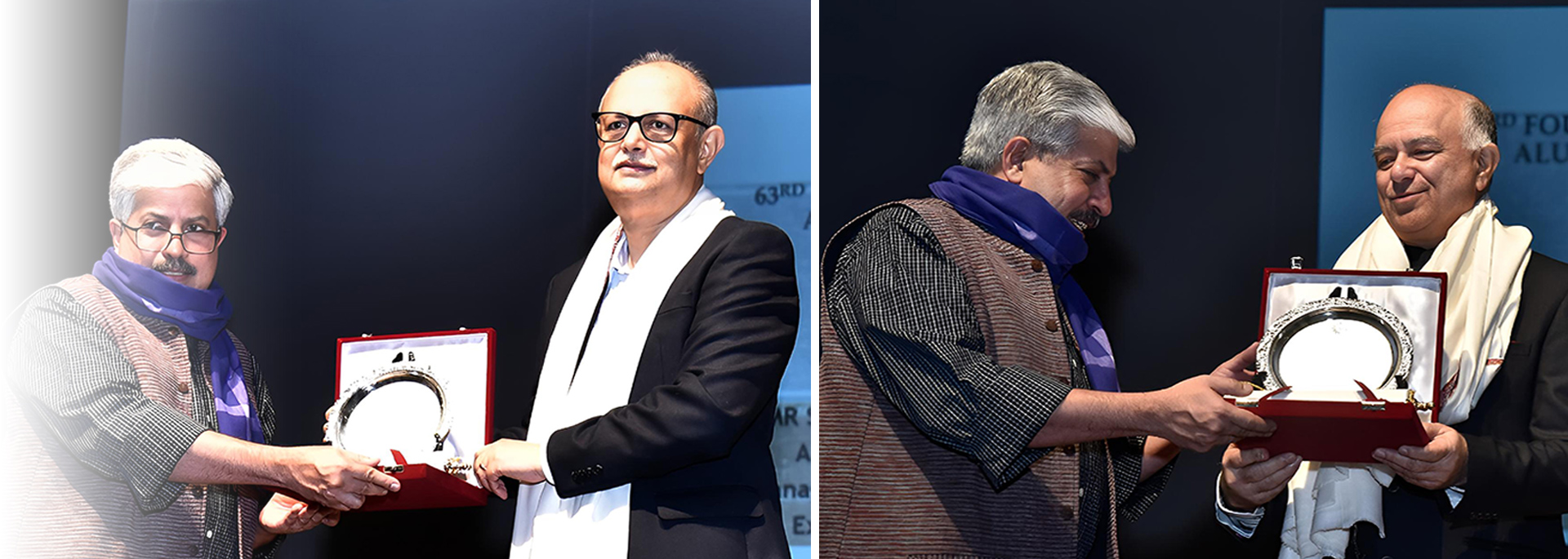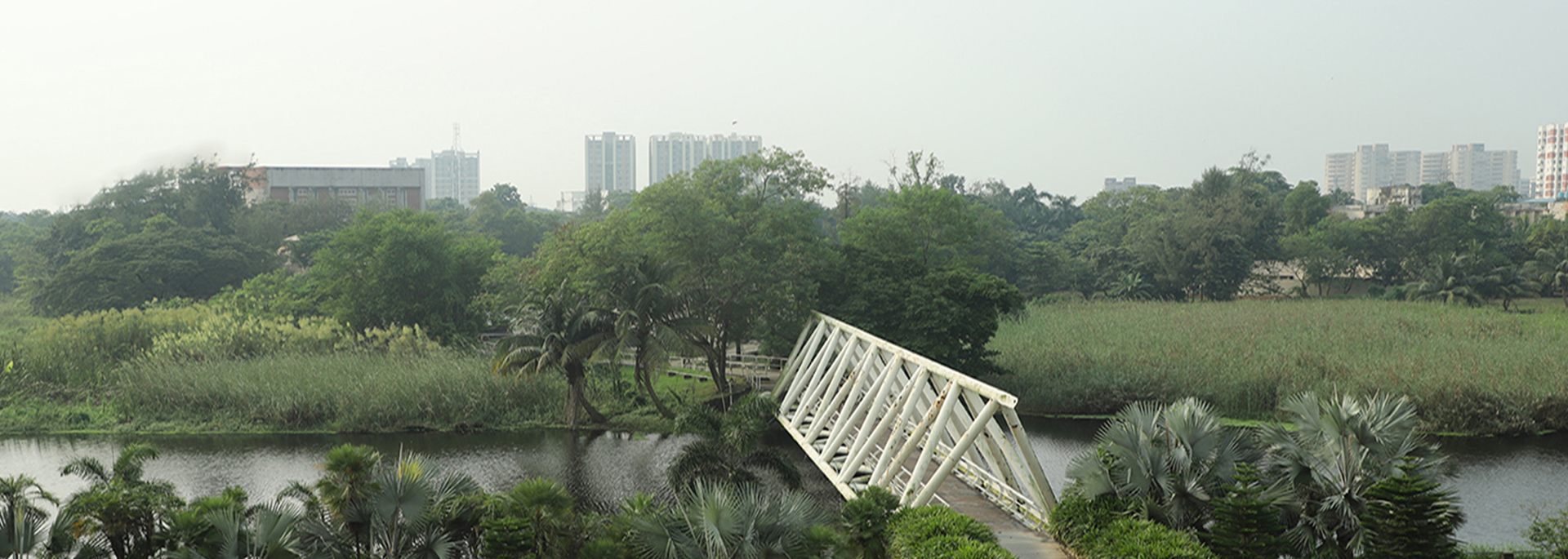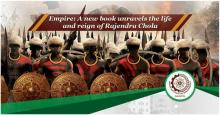
Rajendra Chola, the magnificent king of an enormous empire stretching from the south to the Ganges; an emperor who was not afraid of the sea; who commanded an impressive Army and Navy that was the envy of the world. Aremis, a Greek girl taken as prisoner and transformed into a strong, if wilful, warrior.
A fake queen, a temperamental naval commander, a his gorgeous mistress, a guru who doesn't give his blessings easily.
Devi Yesodharan, former speechwriter to NR Narayana Murthy, alumna of NIT Calicut and IIM Calcutta, former Economic Times journalist and former researcher for Nandan Nilekani's book, Imagining India, has written a fascination mix of fiction and fact set in the Chola kingdom of the 11th century.
Here she answers how she decided to write her ambitious new work of fiction, Empire.
1. Why were you reading about the Cholas?
I read a fair amount of fiction and non-fiction in my spare time. I find that history is a great way to understand the present - Jared Diamond once said that the values to which a people cling to most stubbornly in the present, even if they don't work well, are values that were in the past the source of their greatest triumphs.
The Chola Empire was one of India's great empires, and the art and writing from that period is utterly gorgeous. It is while reading their literature that I began to read about Rajendra Chola, and his naval victories.
2. You say not much is known about Rajendra. Do you have a quarrel with the way we are taught history in school?
I think exposing students to more than the dates and facts in our history would be a wonderful step. Partha Chatterjee, Shashi Joshi, Christophe Jaffrelot and other historians have written books I discovered on my own.
Their essays could be great teaching material in schools. Having students read arguments and opinion is also good training for being able to parse fact from fiction later on as adults.
Indian history is also about literature. My English-medium Indian school taught me the plays of Shakespeare and the stories of Roald Dahl. While these are brilliant British writers, there are works that are equally good in Indian regional literature; as students, we have missed out on that.
3. Aremis is a fascinating character. And you seem half in love with her. What makes her so special - her flaws?
I am in love with all my characters because they have minds of their own! They seem to direct me to their fates rather than the other way around. Yes, I think her flaws played a part in endearing her to me. I don't read enough female characters who are both messed up and relatable (sometimes they will be perfect besides one crucial flaw that is also "charming").
I wanted a character that people would be able to empathise with despite her missteps, and her often oversized mistakes.
4. How much and what did you have to read to get historical facts right?
Nagapattinam to Suvarnadwipa, compiled by Hermann Kulke helped with a lot of historical research on that period, as did works by David Shulman, and translations of Tamil poetry by Vaidehi Herbert, George Hart, and Hank Heifetz. Kanakalatha Mukund has a great book on the world of the Tamil merchant.
There were also a range of papers by academic scholars that had references to Chola culture and practices that I found very helpful.
5. What are the lessons from Rajendra Chola's life?
He was an impressive ruler, and very strategic in his conquest of territory. He wasn't the kind of king who pursued unnecessary wars. His conquests of Indian territory, and his naval victories were, for example, to protect the economy and ensure his continuing control of the naval trade in the Indian Ocean.
I believe this restraint in particular made him a uniquely great administrator. There is something Anantha says early on in the story - that from the moment of creation, decay begins. Rulers need to preserve their strength to defend their empires well.
6. Is there a sequel?
I plan to write one, yes. I am working on something else right now, and I'll return to the Cholas after that. They have a hold on me.
7. Is there a film based on this in the works? Like Baahubali?
Not as of now. Juggernaut is representing me for the film rights as well.
8. What was the most impressive thing about the Cholas?
There are many, from their sensuous bronzes to their incredible stone architecture. Their ships were engineering marvels. But I especially like the fact that trade made the Cholas an open, welcoming culture, and there were people from across the world who had settled in their port cities. Many took up work locally, and made Chola land their home. It was one of the world's most cosmopolitan places to live in.
9. What next?
Right now I am working on a book, part fantasy, based in Medieval Europe, that alternates with the present day.


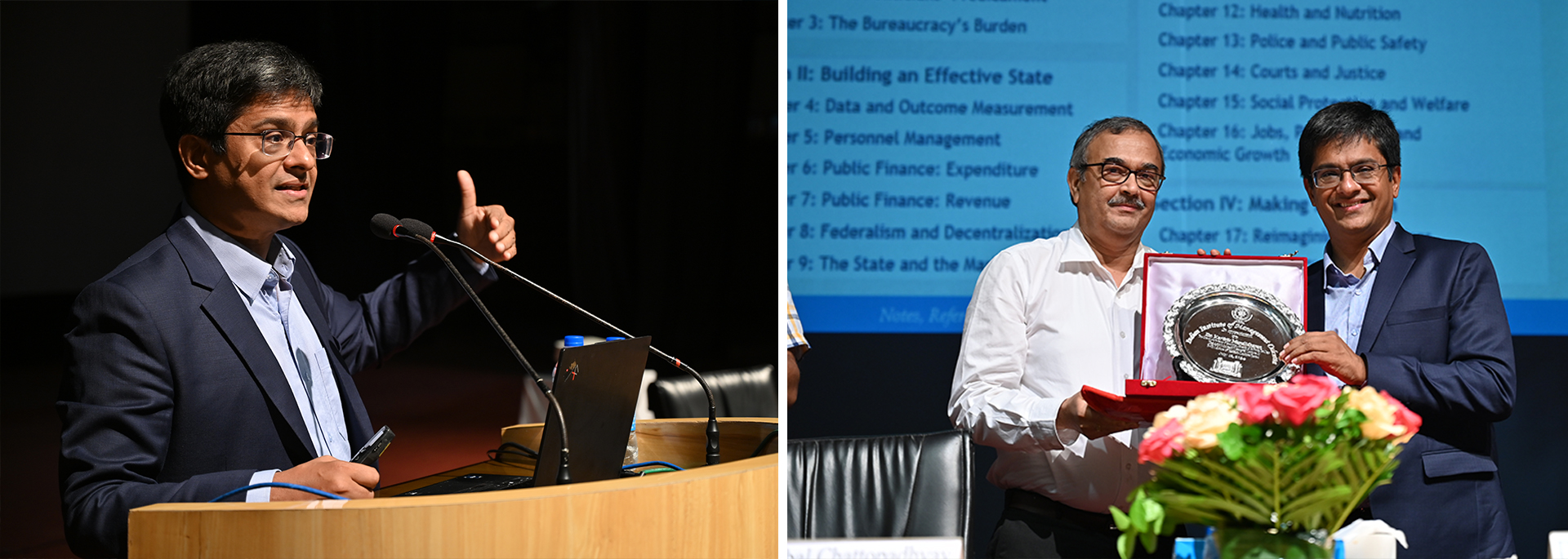
.png)
